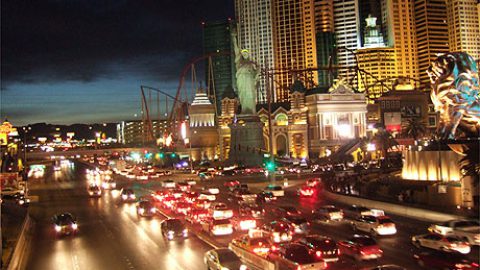Summer is when fuel prices tend to spike. More people are driving for vacations, and air conditioners are taxing power stations. It all adds up to higher prices at the pump.
If you’re tempted to try some fuel savings products to roll back that final bill a few dollars a week, beware. Before you spend anywhere from $3 to $100 dollars on a miracle product, ask yourself how much you’re actually saving, if anything?
Capitol-Tires.com is an independent enthusiast website and is not affiliated with or endorsed by American Tire Distributors (ATD), Nexen, Itochu or any other manufacturers and its content is solely for informational purposes. All manufacturer names, symbols, and descriptions, used in our images and text are used for identification purposes only. It is neither inferred nor implied that any item mentioned by Capitol-Tires.com is a product authorized by or in any way connected with any products/vehicle manufacturers displayed on this page. Copyright © 2025 CAPITOL-TIRES.com. All rights reserved.









